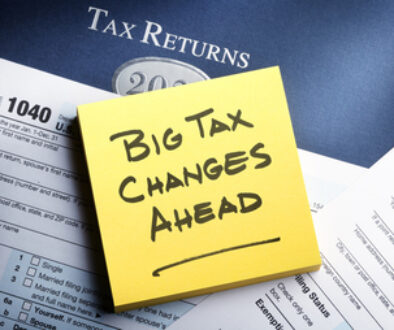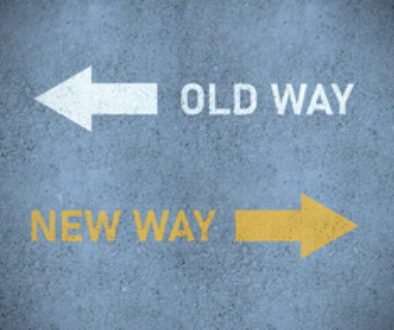OBBBA and Pass-Through Entities
Signed into law on July 4, the One Big Beautiful Bill Act significantly impacts how pass-through entities are taxed at the federal level.
S corporations, partnerships, limited liability companies and sole proprietorships are the most common structures for small and midsize businesses. The OBBBA makes several tax breaks for these companies permanent, restores others that were set to expire and temporarily expands key deductions. For many business owners, the new law creates more predictability for long-term planning and potentially lower tax bills. However, it also introduces new rules that business owners must learn and navigate.
The new law includes several provisions that directly benefit pass-through entities, including:
- A permanent 20% qualified business income deduction
- Permanent 100% first-year bonus depreciation for qualified assets acquired and placed in service after Jan. 19
- A temporary expansion of the state and local tax deduction cap for the 2025 through 2029 tax years
- Preservation of the pass-through entity tax deduction
- Enhanced rules for qualified small business stock
The following paragraphs provide an overview of each of these provisions.
The QBI deduction
The QBI deduction, also known as the Section 199A deduction, allows eligible owners of pass-through entities to deduct up to 20% of their QBI on federal tax returns. The OBBBA makes this deduction permanent. Importantly, it may be available even if the taxpayer does not itemize deductions on their return.
Not every type of income qualifies. In general, QBI is the business’s net profit, excluding items such as capital gains, dividends, interest, certain types of foreign income and some payments made to partners or shareholders.
In 2025, the full deduction is generally available if taxable income is below $197,300 for single filers or $394,600 for joint filers. Starting in 2026, these limits and the phase-in thresholds will be adjusted annually for inflation. Taxpayers above the thresholds may still qualify for a reduced deduction, but complicated rules and guidelines apply.
100% bonus depreciation
The OBBBA permanently extends the 100% first-year bonus depreciation, which had been scheduled to phase out by 2027. This incentive allows businesses to deduct the full cost of eligible property in the year it is placed in service rather than spreading deductions over its useful life.
Qualified property acquired and placed in service after Jan. 19 is eligible for the full 100% bonus depreciation deduction under the OBBBA. Property placed in service before that date will still follow the phaseout schedule established by prior law (100% in 2022, 80% in 2023, 60% in 2024 and 40% for property placed in service between Jan. 1 and Jan. 19).
The state and local tax deduction
From 2025 through 2029, the OBBBA temporarily raises the state and local tax deduction cap to $40,000 for joint filers ($20,000 for single filers), subject to income guidelines. Taxpayers with modified adjusted gross income above $500,000 ($250,000 for single filers) will see the benefit phased out. Without further congressional action, the cap will revert to $10,000 in 2030.
The pass-through entity tax deduction
The pass-through entity tax deduction allows pass-throughs to pay state income tax at the entity level, bypassing the individual SALT cap. This provision remains unchanged by the OBBBA. As of 2025, 36 states plus New York City have adopted PTET laws, though rules vary by jurisdiction.
Businesses must elect PTET treatment annually, typically between Jan. 15 and March 15. The temporary SALT cap increase (described previously) makes it even more important to evaluate whether making a PTET election benefits both the business and its owner(s). Additionally, it’s crucial to consider any stipulations dictated by your company’s bylaws, ownership structure and state-specific rules.
Qualified small business stock
Some pass-through entities qualify to issue stock. If they choose to do so, the OBBBA enhances the benefits of qualified small business stock by:
- Raising the capital gain exclusion cap to $15 million (or 10 times the shareholder’s basis in the stock, whichever is greater) for stock issued on or after July 5
- Introducing a tiered exclusion structure that shortens the holding period required for partial exclusions
- Increasing the gross asset threshold for QSBS eligibility from $50 million to $75 million
A note of caution
The OBBBA also rolls back or eliminates several energy-related incentives and credits originally enacted under the 2022 Inflation Reduction Act. This change may be particularly significant for sectors such as real estate that have relied on those credits.
This article provides a general overview only. As with most tax legislation, there are many detailed requirements. As a business owner, you should consult a qualified tax professional to determine how the rules may apply to your circumstances.
© YC Partners 2025




